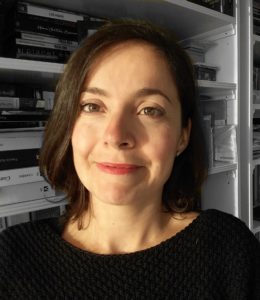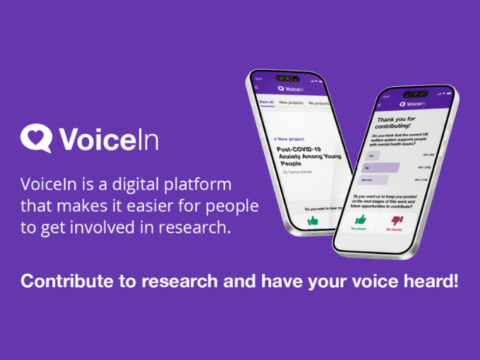I have just been awarded UCL Global Engagement Funds (GEF) for a project to co-produce positive narratives about dementia. The GEF are an exciting seed funding scheme for all sorts of global engagement ideas. In my project in particular, I’m partnering with collaborators at Princeton University and the University of South Carolina. Our aim is to co-create an Oliver Sack’s style book about people with posterior cortical atrophy (PCA), primary progressive aphasia (PPA) and dementia with lewy bodies (DLB). And publish it. In this blog I share my journey of conceiving this idea and applying for the UCL Global Engagement funds.
Have you ever read a story that transformed your way to see the world? I bet you have. Storytelling is powerful. For years I’ve dreamed of creating a book, co-produced with people living with dementia, that would transform the way people see these conditions. Like a spell that lifted the veil of prejudice, leaving just a human being in front of another. But I needed a writer. One with writing talent, sensitivity, and a deep understanding of dementia. Not something easy to find. So, years passed. And then, this summer, I met Xita Rubert Castro. Xita and I met doing paddle surf at Masma’s River mouth, next to a small fishing village called Foz, in northern Spain. Xita is an accomplished and critically acclaimed Spanish writer and a researcher at the Department of Comparative Literature at Princeton University. We share a similar sensitivity about dementia and have similar perceptions about what it’s like to be human, over and beyond disease. The more I spoke with Xita on that surfing day, the more I wondered whether I was, finally, in front of the opportunity I had long waited for. I went home that evening, put a basic action plan in written and checked UCL’s criteria for the Global Engagement funds. A few days later I texted Xita. I didn’t need to pitch hard. She got on board straight away. I then went to talk to Sarah Walter, the chair of the ISTAART Partnering with Research Participants PIA group. Sarah joined Xita and I in writing the bid, that got submitted for the September round. Funding was confirmed in late November. Since then, I have contacted many people to join us on this storytelling adventure. We are forming an advisory board made of researchers, clinicians, people with lived experience and advocacy and support organisations in the USA and the UK. We are creating a topic guide for the interviews, terms and conditions for our participants and preparing the administrative processes to distribute the funds.
You may wonder why I choose to write about these types of dementia and no others. I have worked with people with PCA, PPA and DLB for 18 years now, both as a researcher and as a clinician. And I thought I could do my bit on public education and awareness as well. Most people I know have never heard of these conditions. Most people I know are not interested in attending a public education talk about “dementia” either. But they all would be interested in reading intriguing narratives about the human brain and an unforgettable story about the human soul.
UCL Global Engagement Funds
You can learn more about the opportunity that UCL Engagement funds bring to you here. To be honest, being as focused as we are on securing fellowships and big grants, I had never appreciated how lucky we are to have this scheme available at UCL. The application form is brief, and light touch (find it here). If you have questions about the criteria and eligibility, you can write to UCLglobalengagement@ucl.ac.uk. They respond fast and are helpful. They fund you up to £5,000. A great opportunity to test the first steps of an embryonic idea. In my case, this is allowing us to pay for the time of our partners with lived experience and the work of our writer. It took very little of my time to put together this application and that little investment of time yielded the seed funds to impulse the start of this project. I think it has been a great deal.

Dr Aida Suarez-Gonzalez
Author
Dr Aida Suarez-Gonzalez is a Clinical Neuropsychologist and Senior Researcher at the Dementia Research Centre, UCL Institute of Neurology at Queen Square. With many years clinical experience working in Spain, Aida now investigating non-pharmacological interventions, services and assistive technologies to support people living well with dementia – this work has included creation of the ReadClear App to support reading for people with posterior cortical atrophy (PCA).

 Print This Post
Print This Post




